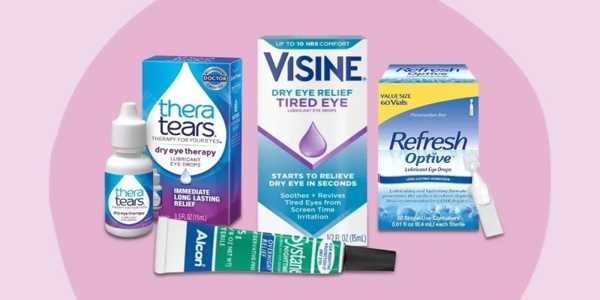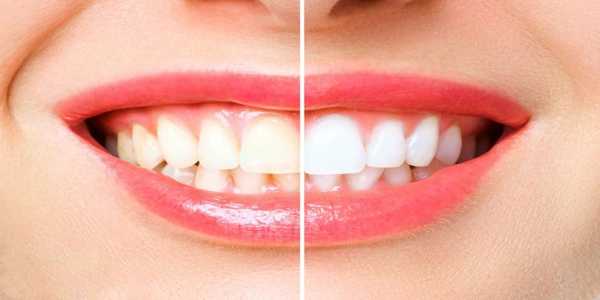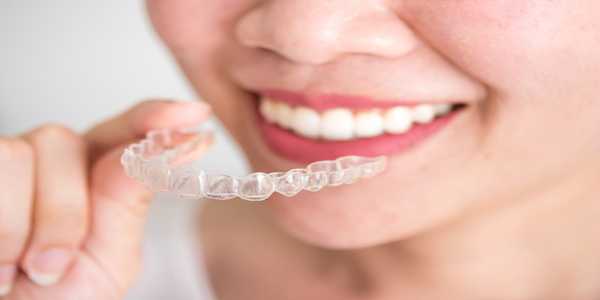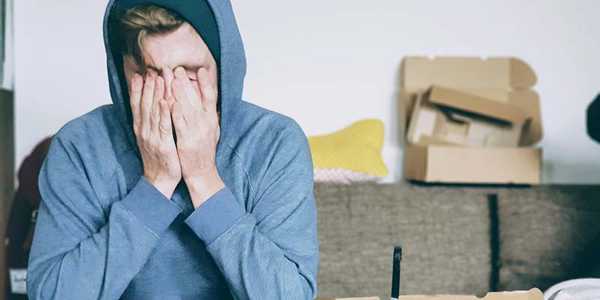Blue Light and Your Eyes: How to Protect Your Vision Daily
Ever wondered why your eyes feel sore after a long day of screen time? Or why do you sometimes struggle to fall asleep after scrolling on your phone late at night? The culprit might be blue light.
In our hyper-digital world, exposure to blue light has quietly become an integral part of our everyday lives. From sunrise alarms to bedtime TikToks, we’re glued to screens. But what exactly is blue light doing to your eyes—and more importantly, what can you do to protect them? Let’s break it down.
What Is Blue Light, Anyway?
Let’s start with the basics. Blue light is part of the visible light spectrum, the same one that gives us rainbows. It’s everywhere—sunlight is actually the biggest source. But here's the catch: the blue light we get from the sun comes with a balance of other light wavelengths. Artificial sources like phone screens, computer monitors, and LED lights? Not so balanced.
What makes blue light unique is its short wavelength and high energy. That means it scatters easily (ever wonder why the sky looks blue?) and penetrates deep into your eye.
Not all blue light is bad. In fact, some of it helps regulate your sleep-wake cycle (circadian rhythm), keeps you alert during the day, and even boosts mood. But the issue arises with overexposure—especially from digital devices, which most of us now stare at for hours every day.
How Blue Light Affects Your Eyes
Here’s where things get real. Extended exposure to blue light can have a few different effects on your vision and eye health. Let’s walk through the main ones:
Eye Strain
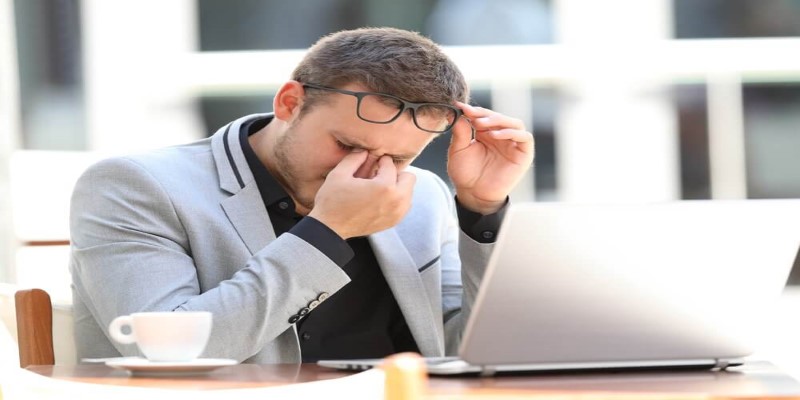
Ever felt like your eyes are dry, tired, or even slightly burning after a long Zoom meeting or binge-watch session? That’s digital eye strain (also known as computer vision syndrome), and blue light plays a role in making it worse. It reduces contrast and contributes to the flickering you may not even notice—but your eyes feel it.
Disrupted Sleep
Blue light suppresses melatonin, the hormone that makes you sleepy. That might be great in the morning, but not when you're scrolling Instagram in bed. Studies have shown that late-night screen time can delay sleep onset, reduce sleep quality, and throw off your body clock. If you’ve ever felt wide awake at midnight for no clear reason, this might be why.
Possible Long-Term Risks
There is ongoing research into whether prolonged exposure to blue light can lead to more serious eye conditions, such as macular degeneration. The evidence isn't conclusive yet, but the concern is that blue light can reach—and potentially damage—the retina over time. While we can't say for sure that your phone is ruining your retina, it's a good idea to play it safe.
Everyday Tips to Shield Your Eyes
You don’t have to give up your laptop, cancel Netflix, or ditch your smartphone to protect your vision. A few smart habits can go a long way.
Follow the 20-20-20 Rule.
This one is simple but powerful: every 20 minutes, look at something 20 feet away for 20 seconds. It helps your eyes reset, blink more naturally, and reduce strain. Set a reminder or use a browser extension—your eyes will thank you.
Adjust Your Screen Settings
Most modern devices offer “night mode” or “blue light filters” that reduce the intensity of blue light emitted. Turn these on in the evening, especially two hours before bed. They may make your screen look a little warmer or yellowish—but that’s the point.
Pro tip: Lower your screen brightness to match your surroundings. High brightness in a dark room is a fast track to eye fatigue.
Blink More Often
Sounds silly, but we blink less when staring at screens—sometimes up to 50% less. That leads to dry, irritated eyes. Make a conscious effort to blink fully and often. You can even stick a Post-it note near your screen that just says “BLINK.”
Use Anti-Reflective Lenses or Blue Light Glasses
If you wear prescription glasses or reading glasses, consider getting lenses with an anti-reflective coating that reduces glare and blocks some blue light. There are also blue light-blocking glasses available over the counter that don't require a prescription.
Do they work? Many people say they notice less strain and better sleep—but results can vary. If you spend more than four hours a day on a screen, it might be worth trying.
Upgrade Your Lighting
Bad room lighting can make screen time harder on your eyes. Ideally, avoid harsh overhead lights and aim for soft, ambient lighting that reduces screen glare. Position your monitor, so windows aren't directly behind or in front of it—natural light is great, but glare is not.
Bonus: Use matte screen protectors if you’re on tablets or phones all day.
What About Kids and Blue Light?
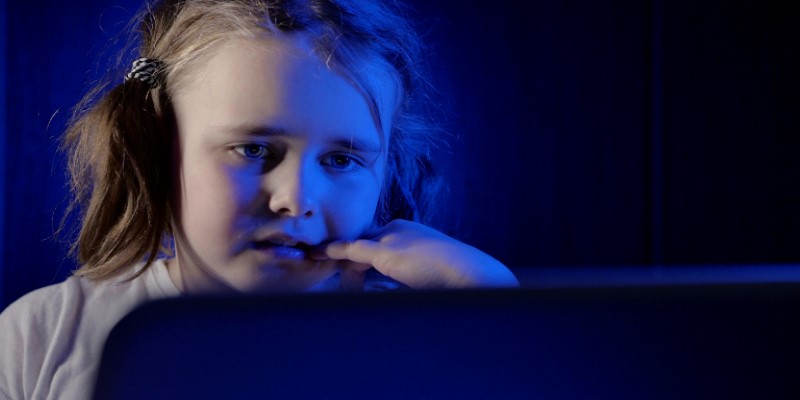
Kids and teens are often glued to tablets and phones, too, especially with remote learning and social media becoming part of daily life. Their eyes are still developing, which might make them more vulnerable to the effects of prolonged blue light exposure.
Here’s what parents can do:
• Limit screen time before bed (at least an hour buffer)
• Encourage outdoor play—natural light is good for eye development
• Use parental controls to reduce brightness and enable night shift mode
• Consider blue light glasses for children, especially if screen time is heavy
Don’t Forget Regular Eye Check-Ups
Sometimes, what feels like blue light strain is actually something else—a vision prescription that’s slightly off, undiagnosed dry eye syndrome, or even too much glare from your workspace. Visiting an eye care professional can help pinpoint the exact issue.
An optometrist might recommend special lenses, artificial tears, or simply suggest changes in how you work or study. If you haven’t had your eyes checked in over a year, it’s worth booking an appointment.
Bringing Back Comfort to Your Screen Time
Modern life is digital—there’s no changing that. But how we use technology is in our hands. Managing your blue light exposure is less about restriction and more about balance.
Build-in breaks. Invest in the right lenses. Use those device settings. It's not just about avoiding strain today—it's about protecting your vision for the long run.
